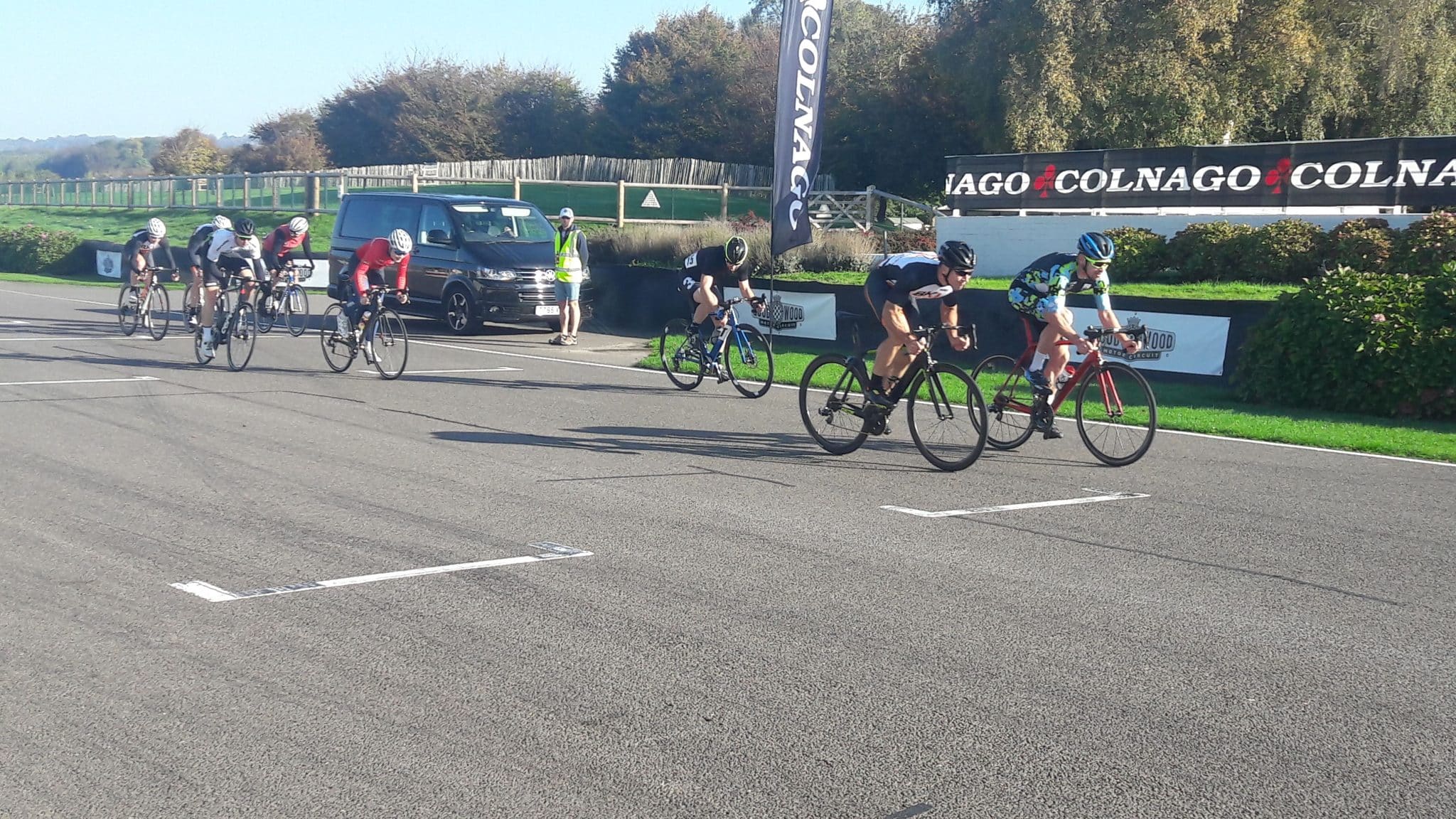A couple of years ago, in the context of Olympic cyclist Jess Varnish’s spat with UK Sport and British Cycling, we commented on the (fuzzy) dividing line between a non-taxable hobby and a taxable profession. New readers start here.
As a postscript to that, we now highlight a curious distinction between Income Tax and VAT that will most commonly be relevant to sportsmen and sportswomen, but which illustrates a principle of wider application.
Reassuringly, the boundary between a hobby and business is likely to be the same for Income Tax and VAT purposes. In other words, if you are carrying on a trade for Income Tax purposes then you are also likely to be carrying on a business for VAT purposes and vice versa.
However, less reassuringly, the measure of what you need to bring into account may differ. Specifically, in quantifying profit for Income Tax purposes, a professional sportsperson will need to include (as well as endorsement fees, appearance money, sponsorship and so on) all winnings. By contrast, prize money is outside the scope of VAT. This is on the basis that it is not considered to be ‘consideration’ for any ‘supply’ made in the course of the business.
In fact, this is only one example of the application of the wider principle that VAT is due only in respect of ‘consideration’ for a supply:
- Donations are not subject to VAT (as was demonstrated by a Dutchman who played his barrel organ on a public highway and invited passers-by to leave donations: the European Court of Justice held VAT was not payable);
- The same applies to tips and restaurant service charges (provided they are genuinely optional) or any other form of ex gratia receipt;
- Literary or similar awards and prizes are also outside the scope of VAT;
- Grants are more tricky: essentially the question is whether the grant is paid in return for the supply of any specific goods (or more likely services) by the grantee to the grantor – there is a wealth of case law on where the boundary lies.
The key point to bear in mind, though, is the basic one: the criteria for determining what is and is not business income are different for Income Tax (and Corporation Tax) and VAT. If in doubt, ask us – by getting in touch with your usual BKL contact or using our enquiry form.
This article was republished in TAXline (December 2020) and is available on the ICAEW website to ICAEW members.







